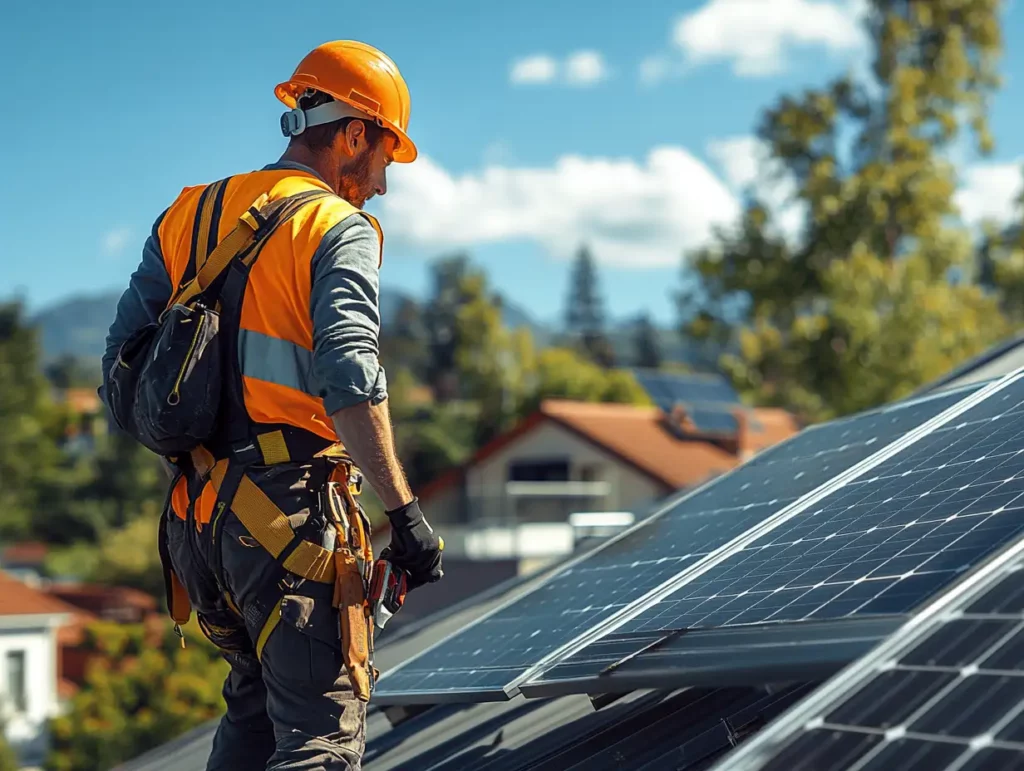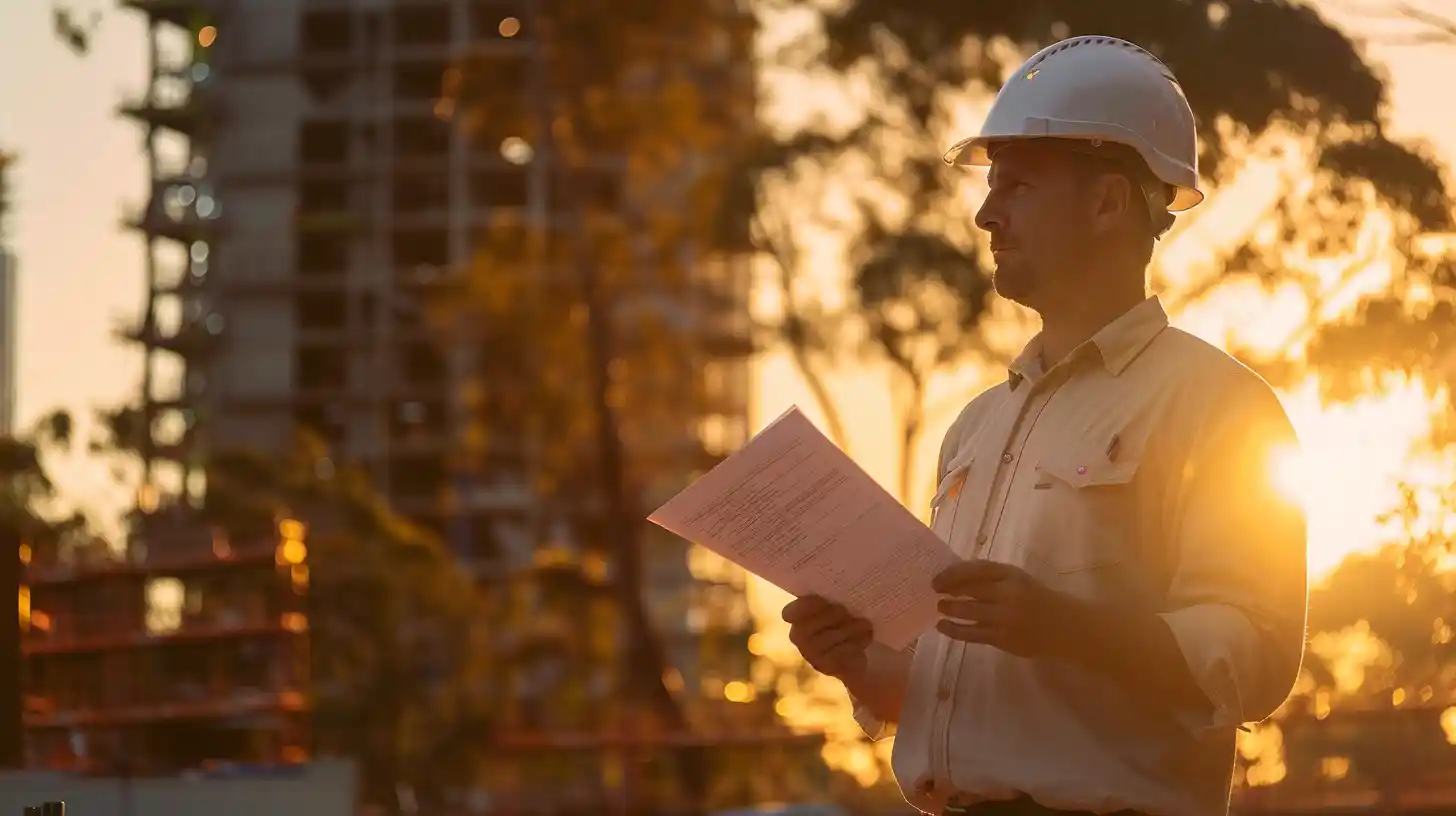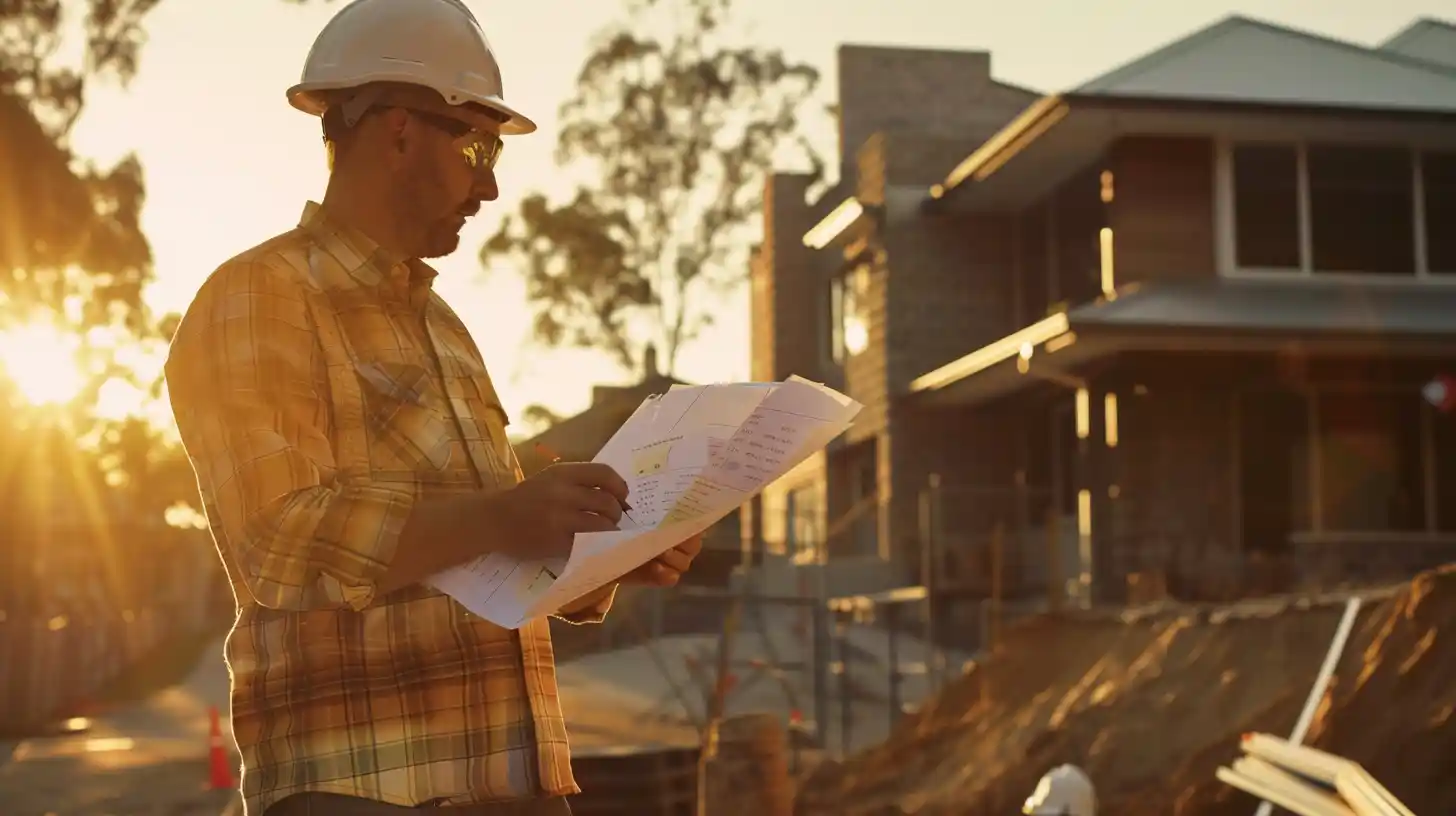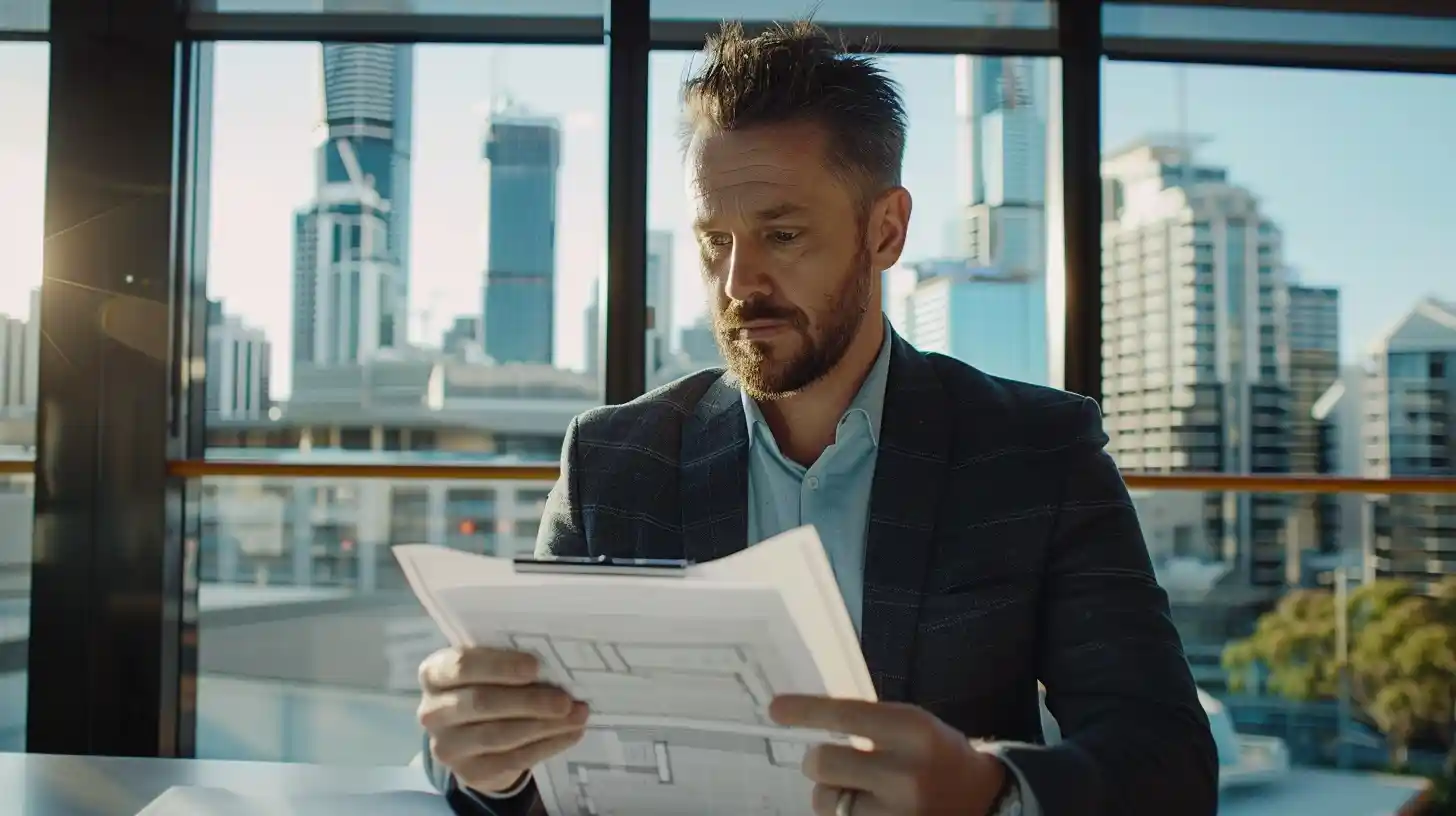Master Electricians Australia – The leading industry body for electricians in Australia. Their website provides comprehensive resources on industry standards, licensing requirements, and continuing education opportunities. Whether you’re a seasoned professional or just starting your career, their guidelines and training materials are invaluable for staying current with best practices.
Clean Energy Council – Australia’s peak body for clean energy initiatives. For electricians looking to expand into renewable energy installations, their website offers essential certification programs and detailed technical guidelines. They regularly update their resources to reflect the latest developments in solar, battery storage, and other sustainable technologies.
Safe Work Australia – The definitive source for workplace safety regulations in Australia. Their electrical safety section contains critical information about risk management, compliance requirements, and proper safety protocols. Be sure to check their regular updates on safety standards and industry-specific guidelines to maintain a safe working environment.








